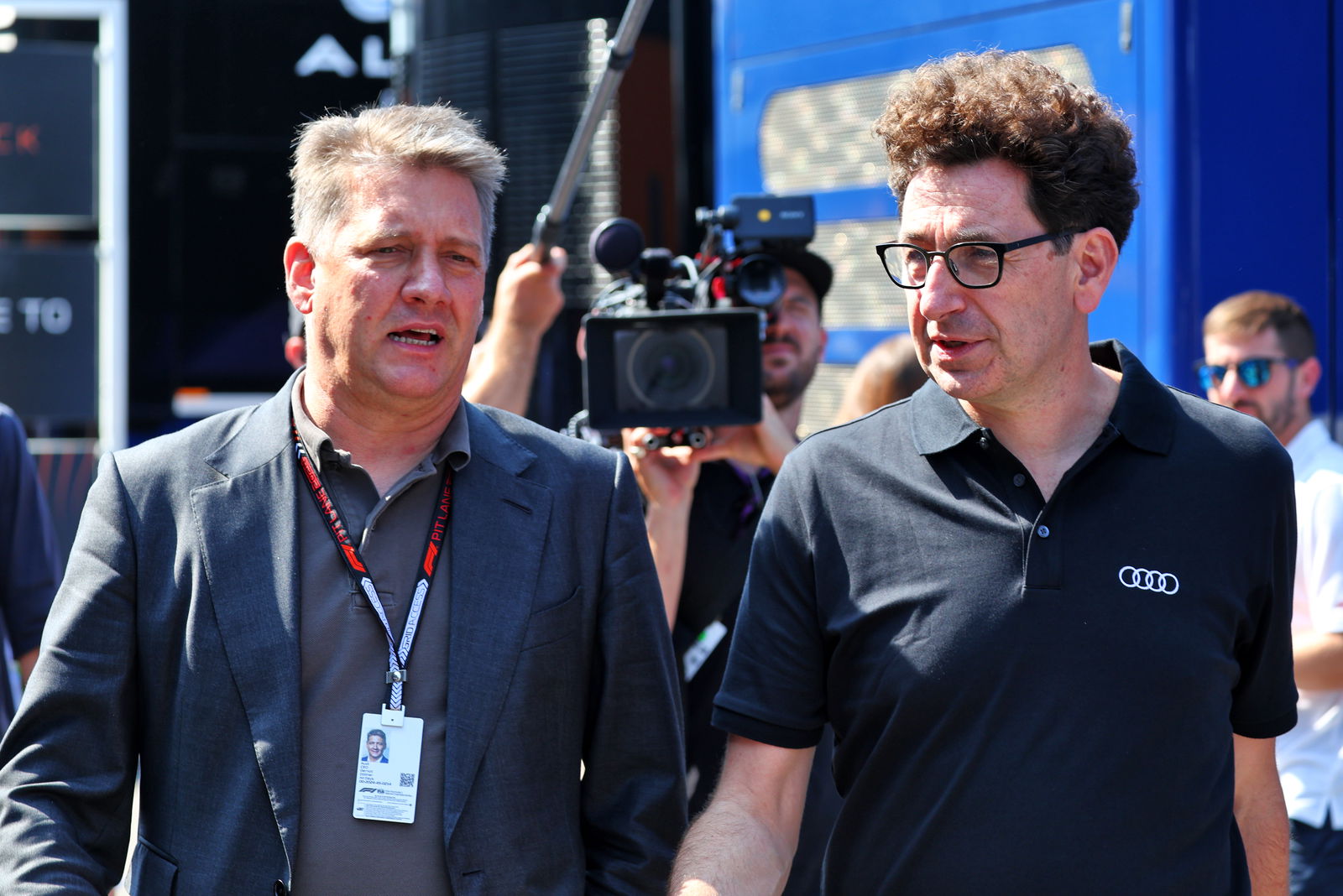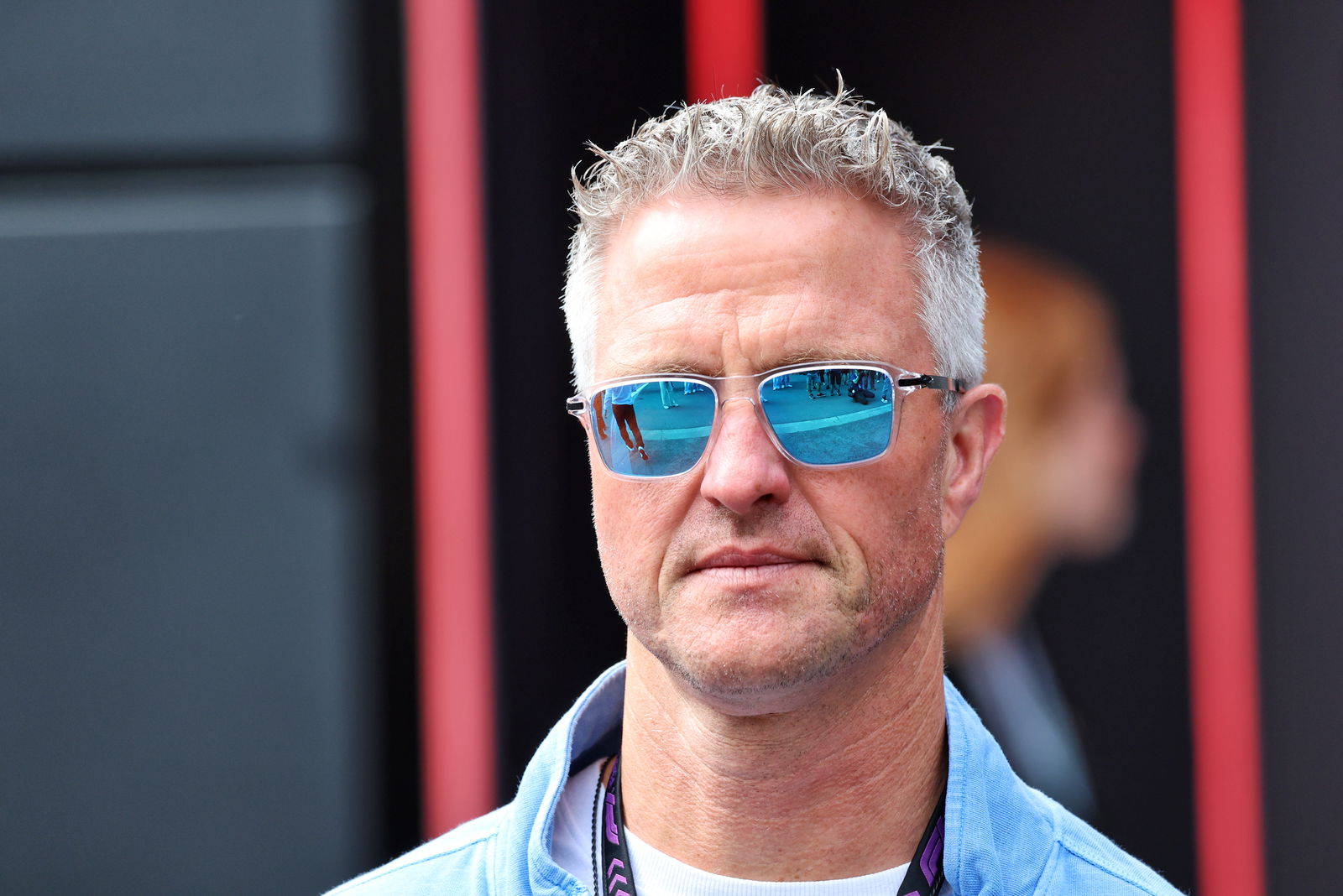“It was in the millions” - The remarkable story of an F1 boss paying his team’s wages
"I had my own money. And I knew the salaries were not going to get paid, and I knew how difficult that is for people."

Former F1 team boss Otmar Szafnauer has revealed he was forced to pay Force India’s salaries on two occasions.
Szafnauer was a key figure at Force India, initially joining the Silverstone-based outfit in 2009.
Under his leadership, Force India moved up the field and became an established midfield team..
Despite being the smallest team on the grid in terms of budget and facilities, Force India out-performed their resources, often picking up podiums in the mid 2010s with Sergio Perez.
It wasn’t plain-sailing for the team though with Force India entering administration in 2018 before Lawrence Stroll’s takeover and later rebrand to Racing Point.
Speaking on the High Performance podcast, Szafnauer detailed why he had to use his own money to pay the team’s salaries.
“Twice,” he revealed.
He then added: “It wasn’t that much.”
Before revealing: “It was in the millions.”
Shedding light on the situation, Szafnauer explained: “I paid it with the help of my partner at Soft Pauer. We had money in the business. I had my own money. And I knew the salaries were not going to get paid, and I knew how difficult that is for people.
“Some people live paycheck to paycheck, and I understand it. We had to pay the salaries, and the Formula 1 money was coming in five days’ time. So say the salaries are due on a Friday, and we’re getting the Formula 1 money the following Wednesday.
“So I could have waited, not paid on Friday, or paid with my own money and then waited until Wednesday to get that money back from when the Formula 1 money came.”
Szafnauer conceded it was a “huge risk” but outlined that his decision to ensure the salaries were paid were important for team spirit.
“In between that Friday and the Wednesday, there’s a huge risk of, well, what if that money doesn’t come?” Szafnauer added. “Or what if that money does come, and somebody else knocks on the door and says, ‘Hey, you owe me $2 million, and unless you give me this money, I’m shutting you down.’
“So that was five, six, seven days of, ‘What if?'” I knew that the team did well because of the team spirit, the camaraderie we had — the looking after each other.
“There was only 400 of us, or 408, or whatever it was at the end. And at the time, we’re competing with teams that had no budget cap, right? That had 13 [to] 14,000 people.
“We had 400 and a £90 million budget. The others had a £250 million budget.”


